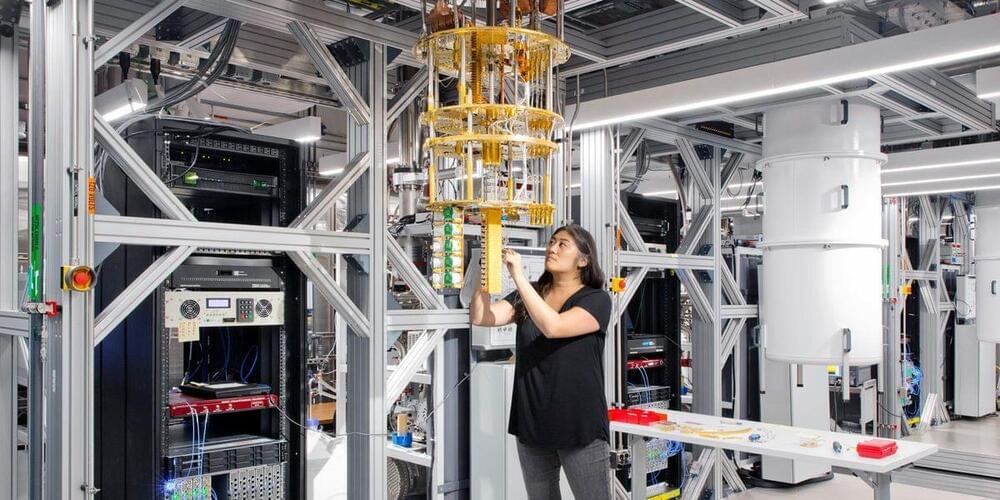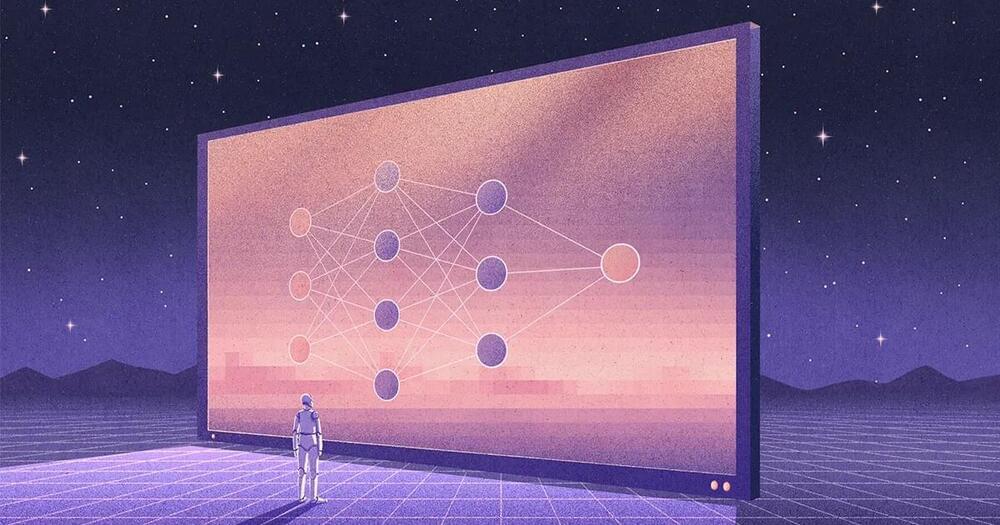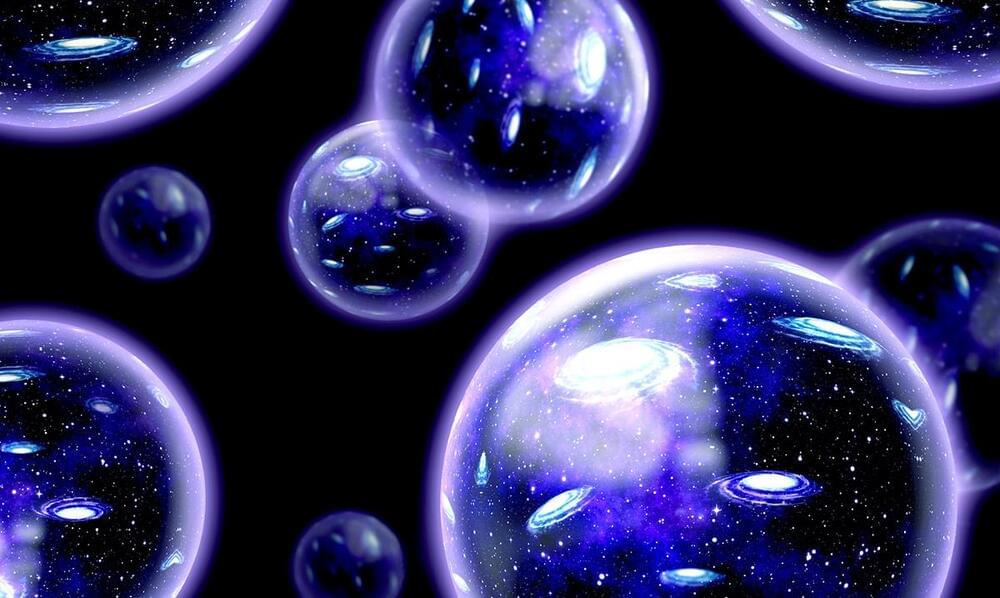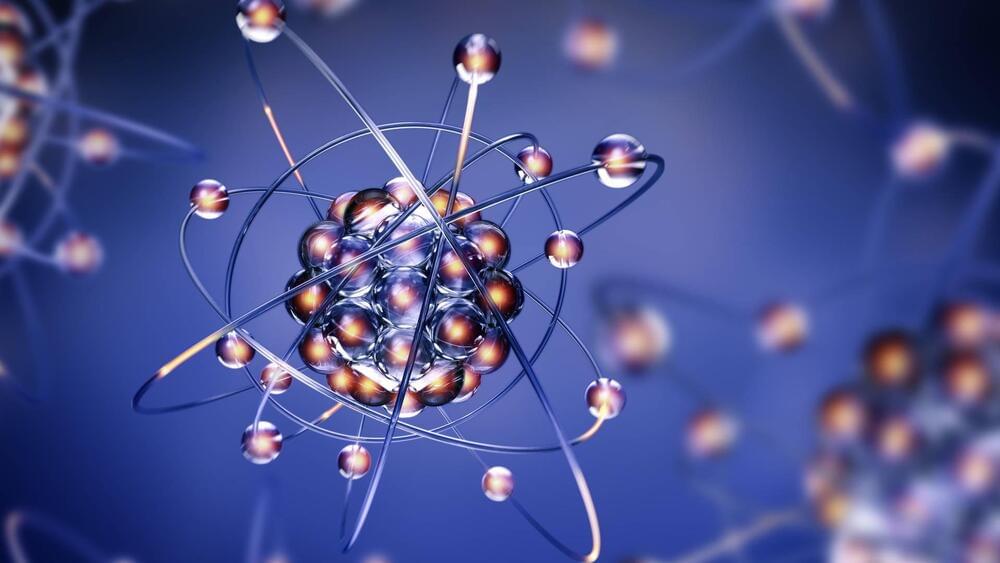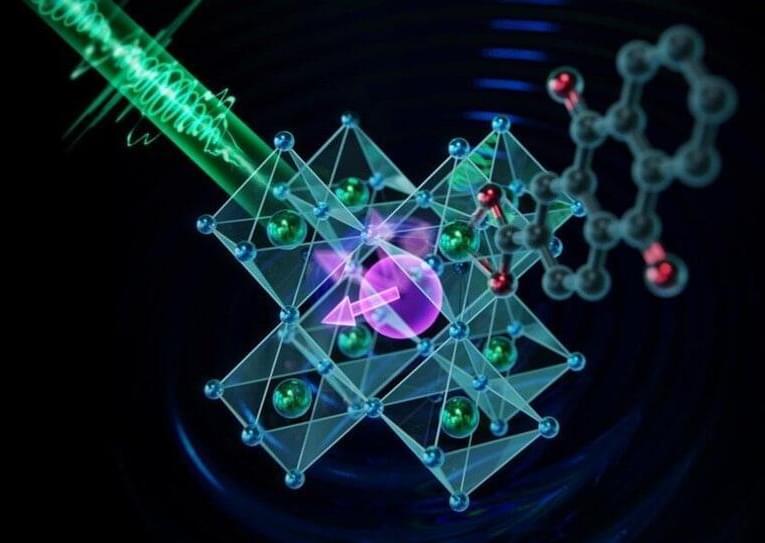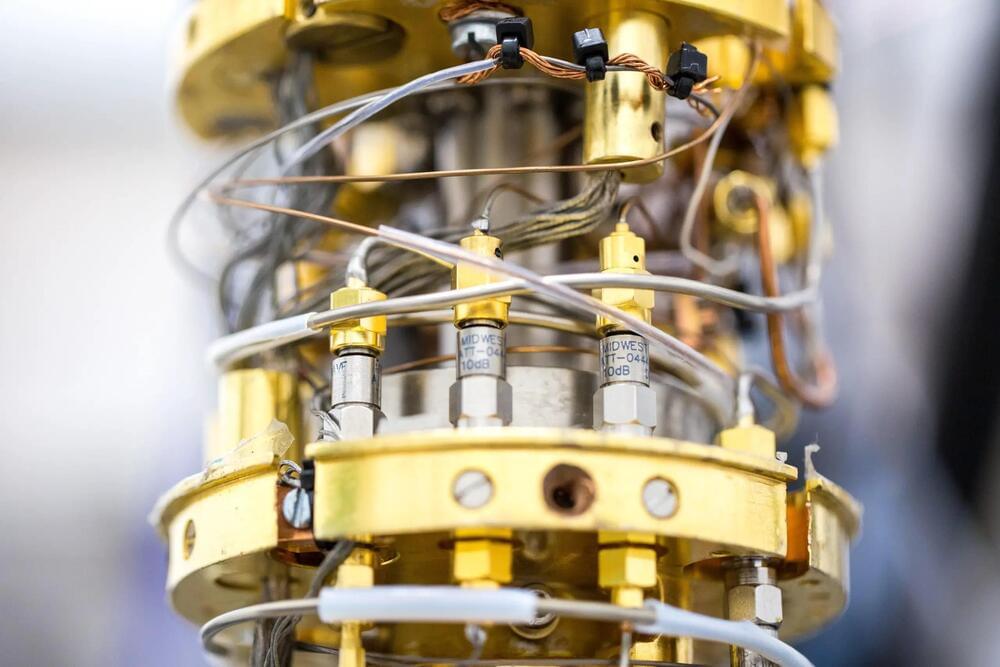Archive for the ‘quantum physics’ category: Page 330
Dec 25, 2022
The Biggest Discoveries in Computer Science in 2022
Posted by Dan Breeden in categories: computing, encryption, internet, mathematics, quantum physics, science, security
As computer scientists tackle a greater range of problems, their work has grown increasingly interdisciplinary. This year, many of the most significant computer science results also involved other scientists and mathematicians. Perhaps the most practical involved the cryptographic questions underlying the security of the internet, which tend to be complicated mathematical problems. One such problem — the product of two elliptic curves and their relation to an abelian surface — ended up bringing down a promising new cryptography scheme that was thought to be strong enough to withstand an attack from a quantum computer. And a different set of mathematical relationships, in the form of one-way functions, will tell cryptographers if truly secure codes are even possible.
Computer science, and quantum computing in particular, also heavily overlaps with physics. In one of the biggest developments in theoretical computer science this year, researchers posted a proof of the NLTS conjecture, which (among other things) states that a ghostly connection between particles known as quantum entanglement is not as delicate as physicists once imagined. This has implications not just for our understanding of the physical world, but also for the myriad cryptographic possibilities that entanglement makes possible.
Dec 25, 2022
Compound semiconductors: Let there be light, speed and power
Posted by Omuterema Akhahenda in categories: business, quantum physics, robotics/AI
It now costs between $3bn-4bn to build a silicon chip fabrication plant (fab plant), and consequently, there are relatively few fabs around the world.-from 2019.
UK companies get ahead of the curve with investments in R&D and fabrication infrastructure for next-gen electronics. Andy Sellars, Chief Business Development Officer, UK Catapult, explains the strategy.
Artificial intelligence (AI) and quantum computing require compound semiconductors to achieve full commercialisation.
Continue reading “Compound semiconductors: Let there be light, speed and power” »
Dec 25, 2022
Did Physicists Open a Portal to Extra Time Dimension, as Claimed?
Posted by Shubham Ghosh Roy in categories: computing, quantum physics
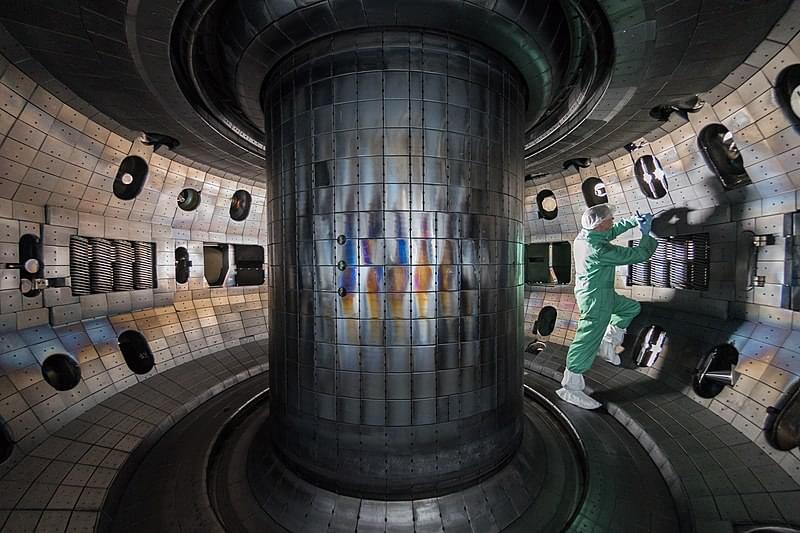
The physicists, constructing “time crystals”, happened on an error correction technique for quantum computers. The rest is the story we all wish we were in.
Dec 24, 2022
Quantum Theory Proves Consciousness Moves To Another Universe After Death
Posted by Shubham Ghosh Roy in categories: alien life, quantum physics
I disagree with this because consciousness ends after death.
Since the beginning of time, man has questioned what happens after death. Of course, there are a variety of typical answers to this question, but scientists may have just added an infinite number of other possibilities, just to shake things up.
According to Robert Lanza, M.D, death is actually a door to an endless number of universes. Furthermore, during our life, Lanza asserts that anything that possibly can happen is happening in some universe. He continues to explain that death does not exist in these scenarios since all of these possibilities are taking place at the same time. The only reason we associate our consciousness with our physical body is due to energy operating around in our brains.
Continue reading “Quantum Theory Proves Consciousness Moves To Another Universe After Death” »
Dec 24, 2022
Unbelievable experiment allowed scientists to ‘reverse time’ with a quantum computer
Posted by Paul Battista in categories: computing, quantum physics
Time is the most valuable thing that we have in our lives, and we never seem to have enough of it. Whether you’re trying to scratch out more time, or just making the most of what you have, there’s no denying that being able to reverse time would be handy.
Dec 22, 2022
Scientists can now “see” things without “looking” at them using a new quantum technique
Posted by Gemechu Taye in categories: computing, quantum physics
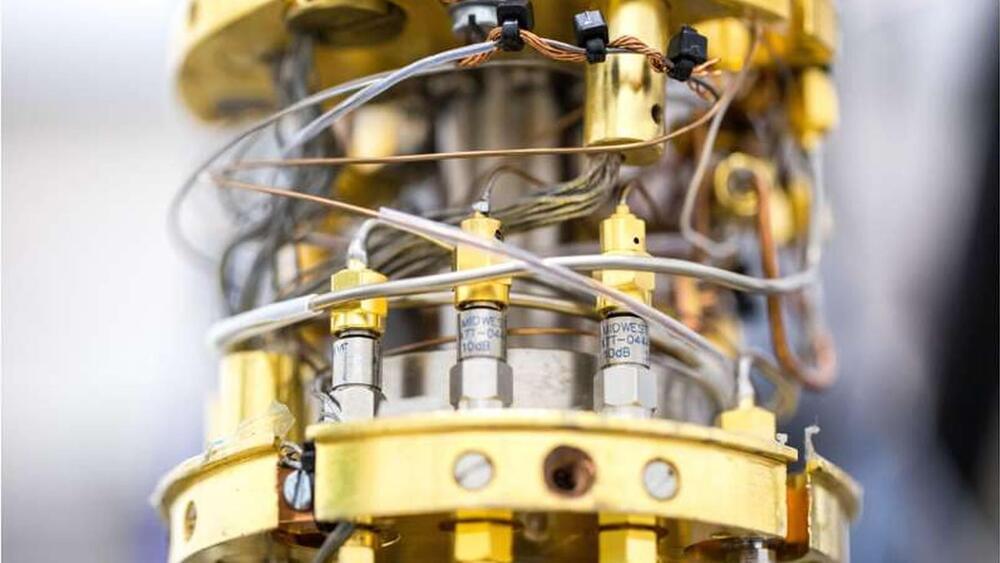
“We also demonstrated that even very low-power microwave pulses can be detected efficiently using our protocol.”
A team of scientists has devised a means of using quantum mechanics to “view” objects indirectly. The new method could improve measurements for quantum computers and other systems. It brings together the quantum and classical worlds.
Dec 22, 2022
Underground experiments in Italy search for violation of the Pauli exclusion principle
Posted by Gemechu Taye in categories: particle physics, quantum physics
They have found no signs of the event yet.
Deep in Italy’s Gran Sasso mountains, in the National Institute for Nuclear Physics’ (INFN) underground laboratories, researchers have been searching for proof of a very small violation of a fundamental quantum tenet called the Pauli exclusion principle, according to an article by Phys.org published on Monday.
The principle, that is applied to everything, dictates that electrons can only arrange themselves in certain specific ways in atoms. These arrangements make it so we are made of solid matter.
Dec 22, 2022
Coherent manipulation of spin qubits at room temperature
Posted by Quinn Sena in categories: chemistry, quantum physics
😗
A research group led by Prof. Wu Kaifeng from the Dalian Institute of Chemical Physics (DICP), Chinese Academy of Sciences recently reported the successful initialization, coherent quantum-state control, and readout of spins at room temperature using solution-grown quantum dots, which represents an important advance in quantum information science.
The study was published in Nature Nanotechnology on Dec 19th.
Continue reading “Coherent manipulation of spin qubits at room temperature” »
Dec 22, 2022
Researchers use quantum mechanics to see objects without looking at them
Posted by Paul Battista in categories: entertainment, particle physics, quantum physics
We see the world around us because light is being absorbed by specialized cells in our retina. But can vision happen without any absorption at all—without even a single particle of light? Surprisingly, the answer is yes.
Imagine that you have a camera cartridge that might contain a roll of photographic film. The roll is so sensitive that coming into contact with even a single photon would destroy it. With our everyday classical means there is no way there’s no way to know whether there’s film in the cartridge, but in the quantum world it can be done. Anton Zeilinger, one of the winners of the 2022 Nobel Prize in Physics, was the first to experimentally implement the idea of an interaction-free experiment using optics.
Now, in a study exploring the connection between the quantum and classical worlds, Shruti Dogra, John J. McCord, and Gheorghe Sorin Paraoanu of Aalto University have discovered a new and much more effective way to carry out interaction-free experiments. The team used transmon devices—superconducting circuits that are relatively large but still show quantum behavior—to detect the presence of microwave pulses generated by classical instruments. Their research was recently published in Nature Communications.
